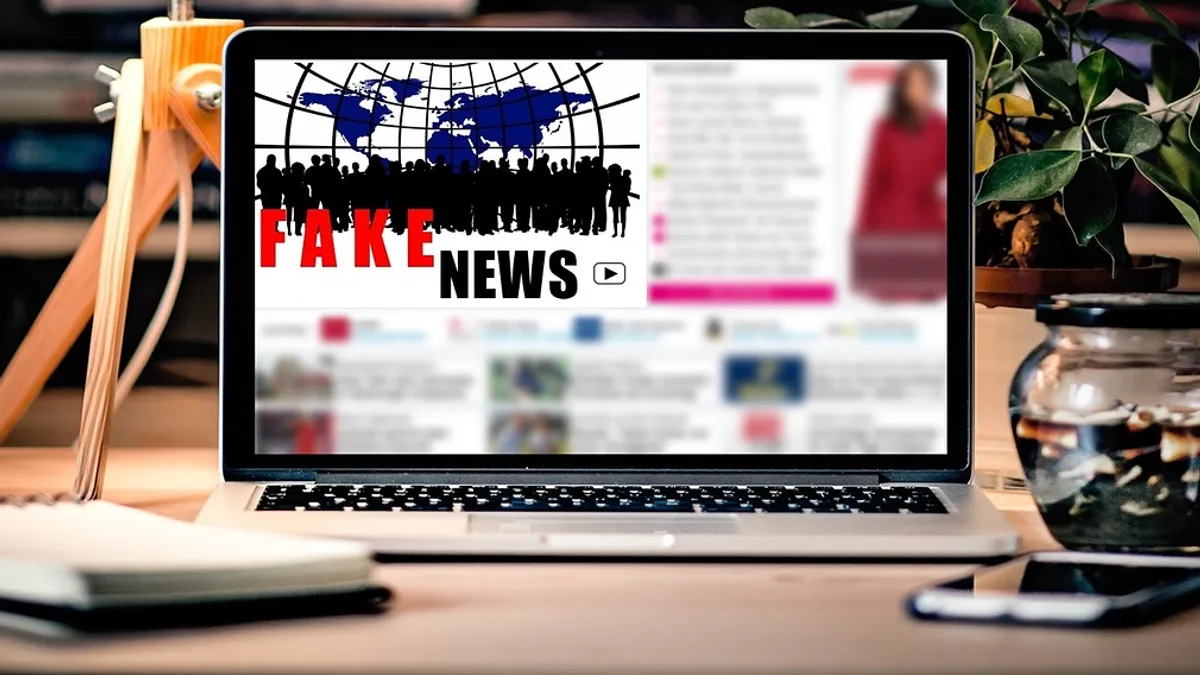Dive Brief:
- The reputations of social media and digital-only news platforms take a greater hit with the rise in concern over "fake news," according to a new "Trust in News" study by Kantar whose findings were made available in a press release. The reputations of mainstream outlets with a traditional print or broadcast TV focus, however, remain largely intact.
- Thirty-eight percent of Americans said they get their news from social media but only 37% view it as a trustworthy source, compared to 70% that feel printed news, including magazines, is credible. An overwhelming 85% said they use Facebook as their top news source on social. The study also found that 72% of Americans haven't paid for online news content in the past year, as 21% feel that media outlets still rake in enough advertising dollars to support themselves.
- "I am pleased to see Trust in News confirm that brand recognition is still a key driver for direct engagement between news brands and consumers," WPP CEO Sir Martin Sorrell said in a statement. "We know the major social media companies have started to address the 'fake news' problem. In quantifying the extent to which 'fake news' has damaged the reputations of social media brands as sources of news, this study reinforces how important that work will be moving forward."
Dive Insight:
While social media's role as a disseminator of news and information online is clearly only growing, Kantar's study signals that many internet users are increasingly wary of the content shared via these channels, reflecting how the trust in digital media has degraded significantly in the past year or so.
That degradation has been reflected on the marketing side of things as big ad spenders like Procter & Gamble and Unilever peel back their digital ad budgets amid concerns over brand safety, fake news and general non-transparency. If consumers continue to doubt the credibility of digital- or social-first media outlets, it could affect how much these publishers and channels can command for advertising space.
A study from Yahoo's Brightroll from this summer found 96% of programmatic decision-makers are concerned about fake news as it relates to their business. Of those surveyed, 31% said they will respond to the issue by reducing spend with programmatic partners whose inventory associates brands with fake news.
Platforms have also recently stepped up to address the meddling of outside forces like Russia, which often work in subtle ways to spread fake news and other inflammatory content online, including through advertising. Last week, both Facebook and Twitter announced changes to boost ad transparency across the board, opening visibility into consumer-facing marketing campaigns as well as political electioneering efforts.
Facebook and Twitter's initiatives, taken together, show that major digital technology players are more frequently taking on the responsibilities of media entities as the scope of their influence over things like the news becomes clear and as they seek to reestablish trust with both marketers and users.














